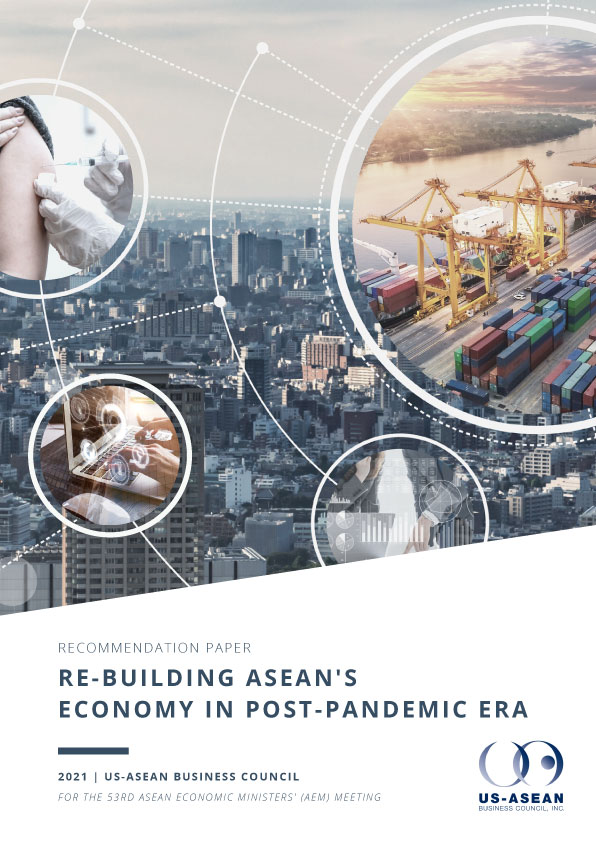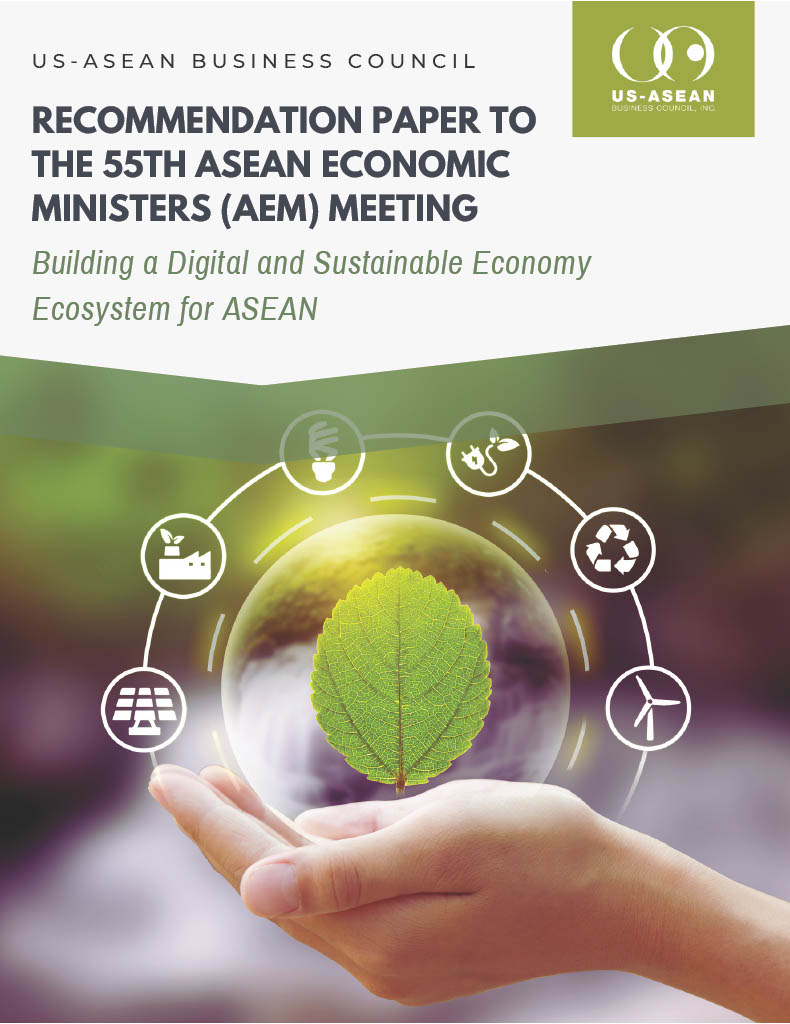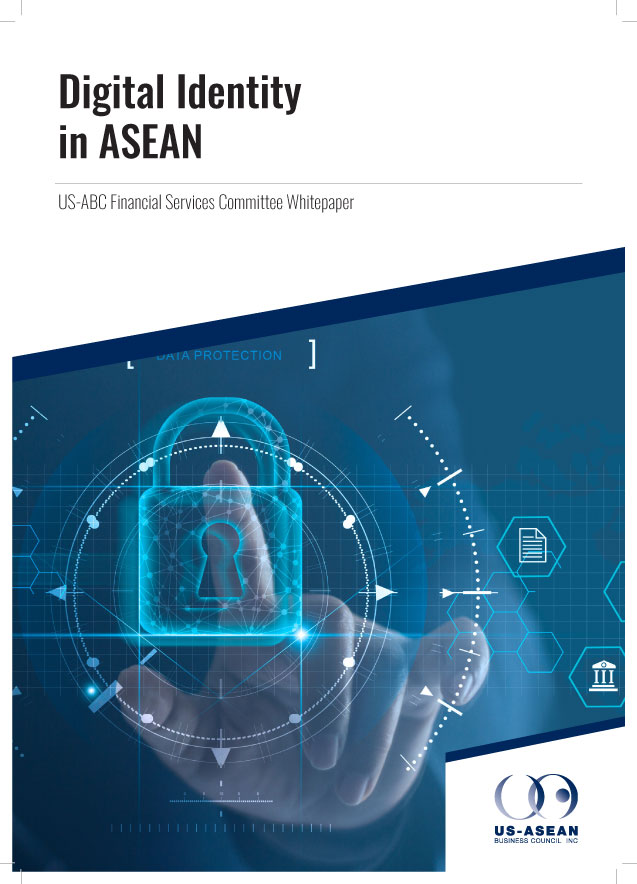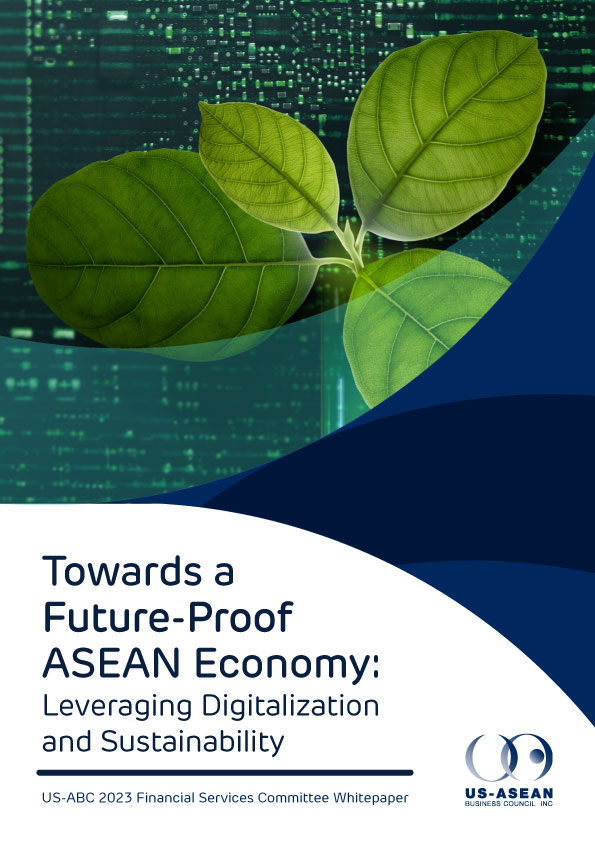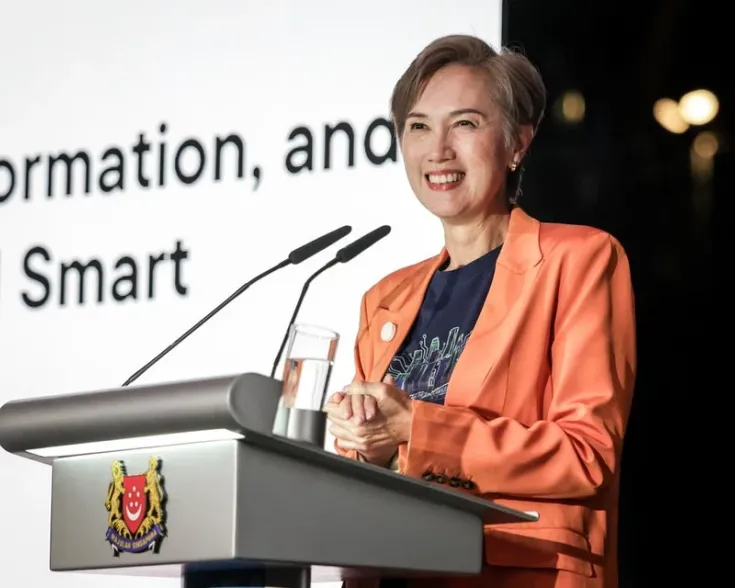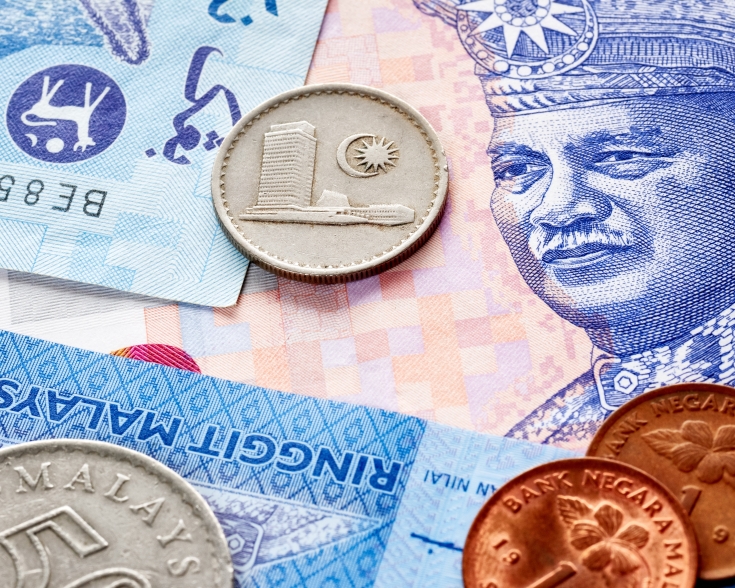Digital Governance and Security: Malaysia Rises as ASEAN Cyber Hub
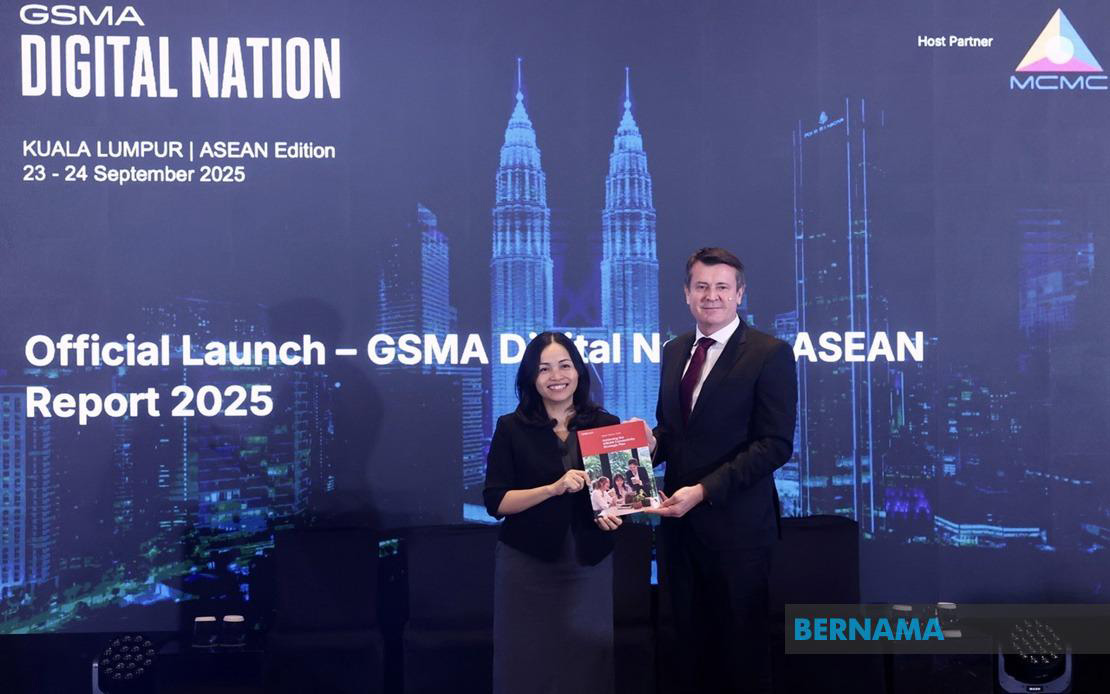
On September 10, Malaysia convened the 19th ASEAN Ministerial Meeting on Transnational Crime (AMMTC) in Melaka, advancing their role as a regional security hub. At the meeting, Malaysian authorities vowed to deepen regional security efforts via a new cross-border Memorandum of Understanding (MoU) with Vietnam. This signed agreement aims to deepen cooperation on intelligence-sharing, joint investigations, and cybersecurity at large.
This move aligns with Malaysia’s broader strategy to push greater regional cyber governance among ASEAN nations, and to shape norms consistent with international standards outlined in the UN cybercrime treaty framework. In doing so, Kuala Lumpur has signaled its intention to accede to the Budapest Convention on Cybercrime in preparation for joining the forthcoming UN Cybercrime Treaty in Hanoi.
This jockeying for leadership parallels Malaysia’s rising digital credentials. In the inaugural GSMA Digital Nations Index 2025, Malaysia ranked second among ASEAN nations, just behind Singapore, reflecting strong performance across infrastructure, digital services, innovation, and governance. The country also scored 75 on the index’s “Robust Data Governance” metric, underscoring its strength in privacy safeguards and institutional trust. In the interest of maintaining this status, Malaysian authorities are tightening data center oversight to balance digital expansion with constraints related to energy, water, and regulations.
Taken together, these initiatives highlight Malaysia’s heightened commitment to integrating traditional transnational crime cooperation with forward-looking digital security and governance oversight. All of this continues to work toward positioning Kuala Lumpur as a responsible actor in shaping ASEAN’s regional cyber architecture and a secure destination for such investments moving forward.



